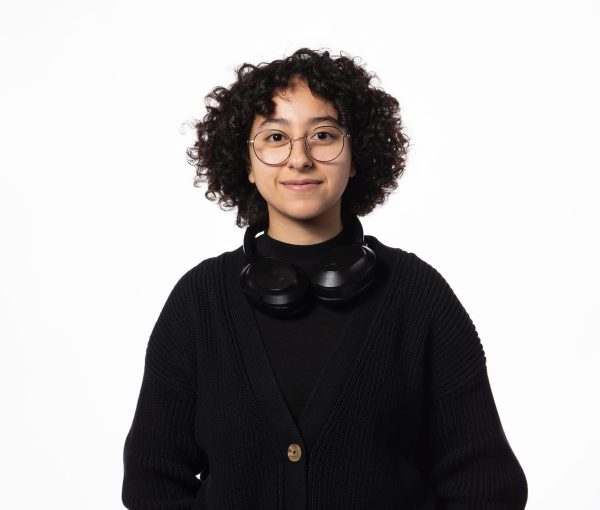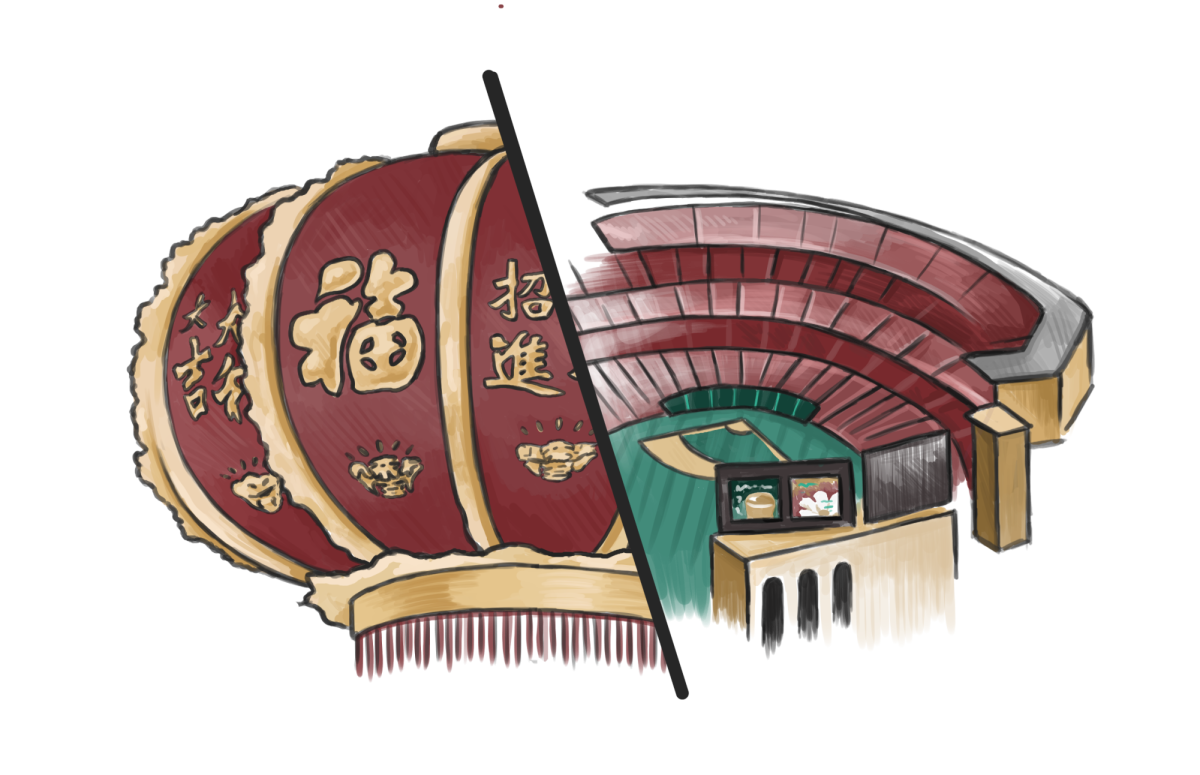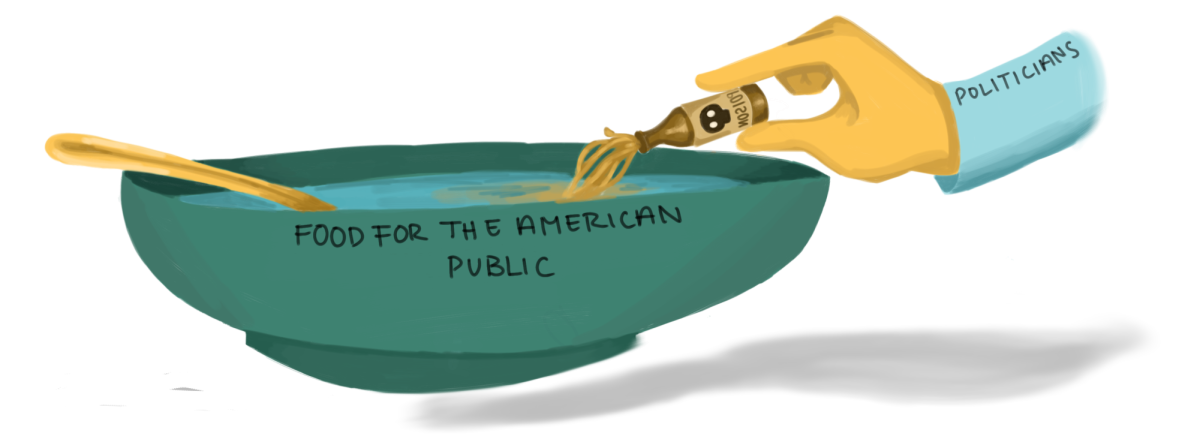Mo’ Money, Mo’ Problems?
Panorama debates the age old proverb, “Money can’t buy happiness”
March 28, 2024

About the Contributors

Alzhraa Mahmoud, In-Depth Editor
Alzhraa is a senior and second year staffer serving as In-Depth editor for the Panorama. Graphic design is NOT her passion. If she’s not agonizing over interview questions, you’ll likely find her pestering her siblings, practicing trumpet, attempting to practice her otamatone, knitting, or eating yellow kiwis (which are far superior to green kiwis).

Michael Zegel, Associate Editor
Michael Zegel is in his last year of high school. This is his third year on staff and is an Associate editor. In his free time, he enjoys stealing the moon.

Olivia Chen, Art Editor in Chief
Senior Olivia Chen is the Art Editor in Chief and it is her third year on Panorama. She loves music and movies.






